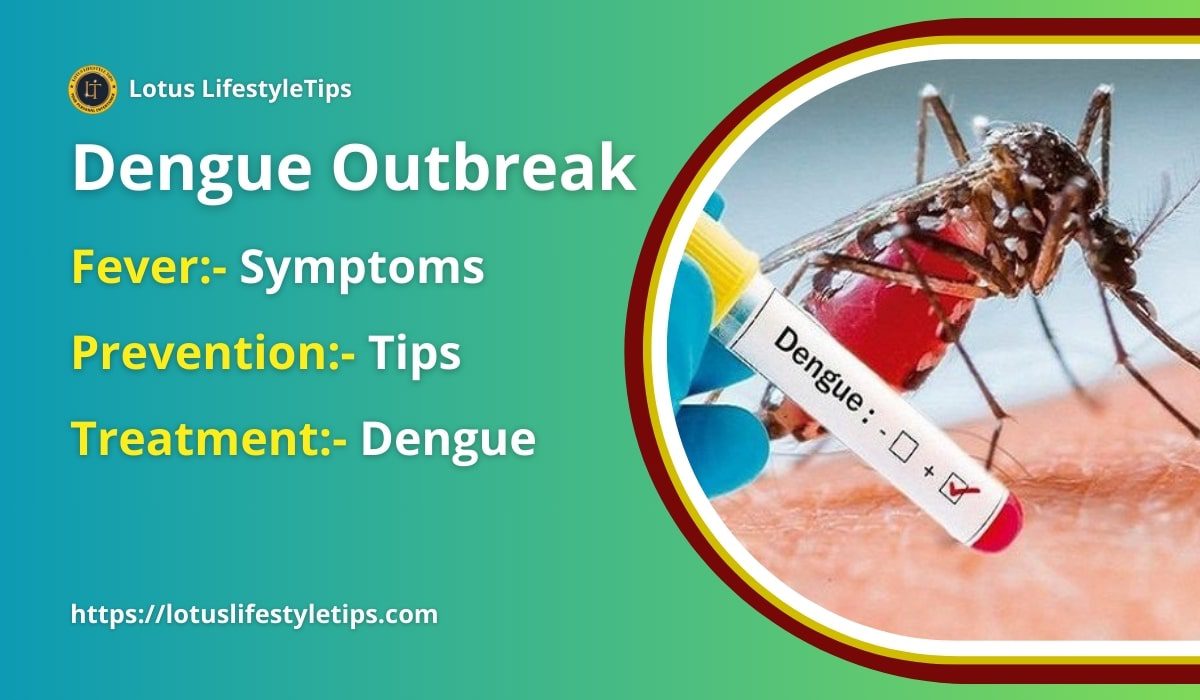Dengue fever, a mosquito-borne illness, has seen a significant rise in cases across Florida. This article aims to provide essential information on dengue fever Florida, including its symptoms, prevention methods, and the current impact on the state. Staying informed can help protect you and your loved ones from this serious health threat.
What is Dengue Fever?
Dengue fever is caused by the dengue virus, which is transmitted by Aedes mosquitoes. These mosquitoes are most active during the early morning and late afternoon. The virus is prevalent in tropical and subtropical regions, including parts of Florida. There are four different strains of the dengue virus. Infection with one strain provides immunity to that strain for life, but not to the other strains. This means it is possible to be infected with dengue fever more than once.
Symptoms of Dengue Fever
Symptoms of dengue fever usually appear 4–10 days after being bitten by an infected mosquito. Common symptoms include high fever, severe headache, and pain behind the eyes. Other symptoms are joint and muscle pain, nausea, vomiting, and a rash. In some cases, mild bleeding such as nosebleeds or easy bruising can occur. Severe dengue, also known as dengue hemorrhagic fever, can lead to more serious symptoms like severe abdominal pain, persistent vomiting, bleeding gums, and rapid breathing. This form can be life-threatening and requires immediate medical attention.
Prevention Tips
Preventing dengue fever focuses on avoiding mosquito bites and reducing mosquito breeding sites. Use insect repellent containing DEET, picaridin, or oil of lemon eucalyptus. Wear long-sleeved shirts and long pants to minimize skin exposure. Install screens on windows and doors to keep mosquitoes out. Use mosquito nets, especially if sleeping in an area with high mosquito activity. Eliminate standing water where mosquitoes can breed, such as in flower pots, buckets, and old tires. Regularly clean and empty containers that hold water. Consider using mosquito dunks or larvicides in water that can’t be drained.
What to Do If You Suspect Dengue Fever
If you suspect you have dengue fever, seek medical attention promptly. There is no specific treatment for dengue, but supportive care can help manage symptoms. Stay hydrated by drinking plenty of fluids. Use pain relievers like acetaminophen (Tylenol) rather than aspirin or ibuprofen, which can increase the risk of bleeding. Get plenty of rest to aid in recovery. Monitor for signs of severe dengue and seek immediate medical care if symptoms worsen.
Impacted: Dengue Fever Florida
The recent surge in dengue cases has impacted Florida’s healthcare system and public health resources. Authorities have intensified mosquito control efforts and launched public awareness campaigns. These measures aim to reduce the mosquito population and educate residents on prevention. The outbreak has also affected tourism and local businesses, as travelers become wary of the health risks. Staying informed and taking preventive measures can help mitigate the impact of the outbreak on the community.
FAQs
Q: How is dengue fever diagnosed?
A: Dengue fever is diagnosed through blood tests that detect the virus or antibodies produced in response to the infection.
Q: Can dengue fever be fatal?
A: While most cases are mild, severe dengue can be life-threatening and requires immediate medical attention.
Q: Is there a vaccine for dengue fever?
A: A vaccine exists, but it’s primarily recommended for those who have previously been infected with the virus.
Q: Can dengue fever spread from person to person?
A: Dengue fever cannot be transmitted directly from person to person. It spreads through the bite of an infected mosquito.
Q: What time of year is dengue fever most common in Florida?
A: Dengue fever is most common during the warmer months when mosquito activity is at its peak.
Conclusion
The dengue fever outbreak in Florida is a serious public health issue. Understanding the symptoms and taking preventive measures are crucial steps in protecting yourself and your community. By staying informed and following the recommended guidelines, you can help reduce the risk of infection. Stay safe, and take proactive steps to combat dengue fever.
Also, Read: Essential Updates on Aspirin Use for Preventing Cardiovascular Events
Also, Read: Say Goodbye to Summer Sweats: Effective Tips
Visit: Travel Insightful – Behold The Power of Travel
Discover more from Lotus LifestyleTips
Subscribe to get the latest posts sent to your email.


Omgg!! So sad for those people